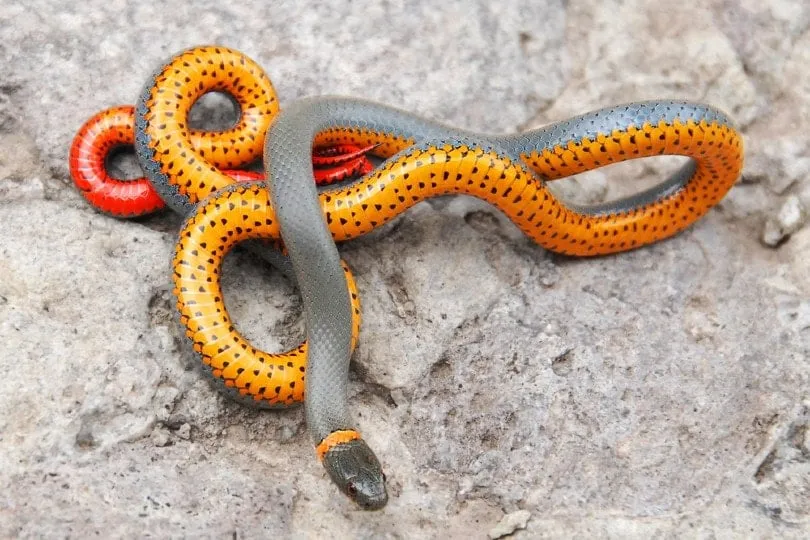Keeping A Pet Snake
Keeping a snake is a challenging endeavor, and you must be ready to devote some time and effort. Aside from the proper environment, snakes require a daily feeding schedule and plenty of stimulation. These pets will often become attached to their owners and love frequent human interaction. To keep them happy and healthy, give them plenty of toys and enrichment activities. Almost all snakes are carnivores, so they need a steady supply of food. Some snake owners choose to feed their pet prekilled rodents.
Before deciding to get a snake, it is important to research the species of snakes you'd like to own. Different species have different temperaments, and they may become aggressive if they are stressed or handled excessively. Some species are also dangerous to humans, so you should be aware of their health risks.
Snakes are considered to be cold-blooded predators, but they are great pets for patient animal lovers. They are low-energy animals, but they can be friendly and sociable. The main challenge with a snake is training it. Snakes do not adapt to captivity as easily as other pets do, so patience is essential when training your snake.
Before acquiring a pet snake, you must ensure that the prey that you will feed it is nutritious. Some snakes enjoy eating eggs, fish, and even rodents, but you should avoid giving them live prey. This will increase their risk of internal injury. Also, keep the cage clean.
If you want to handle your pet snake, make sure to wash your hands before handling it. Never handle a snake by the head; instead, hold it by its mid-body. When you hold it, use both hands for stability, and hold it loosely. Snakes sometimes wrap their tails around your wrists for extra support. It's also best to keep snakes away from your face. Snakes perceive human contact as a threat and will try to escape.
Although snakes are generally harmless, snakes can be dangerous if mishandled. To avoid snake injuries, you should make sure you handle your pet snake only when necessary. For example, don't pick up your pet during feeding time or when it's shedding. Depending on the type of snake you have, you should avoid handling it every day.
Snakes can be susceptible to certain health conditions, including bloating or diarrhea. Their stomachs are especially vulnerable to infections. It's best to visit a veterinarian to rule out parasites and other diseases. Always keep your pet snake hydrated and clean by feeding it with food and water that are high in protein and low in carbohydrates.
Before buying your snake, research the species and learn about the needs of your pet. You can also ask other snake owners for recommendations.



